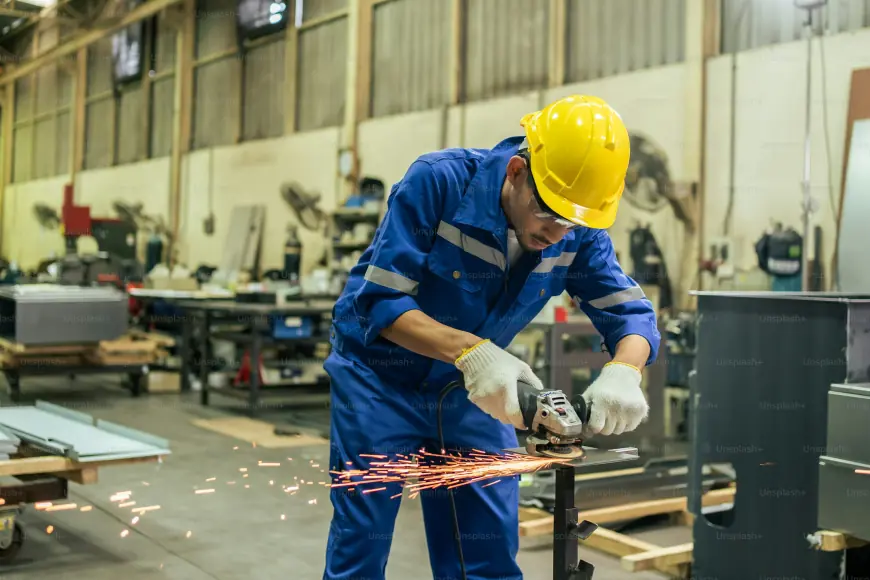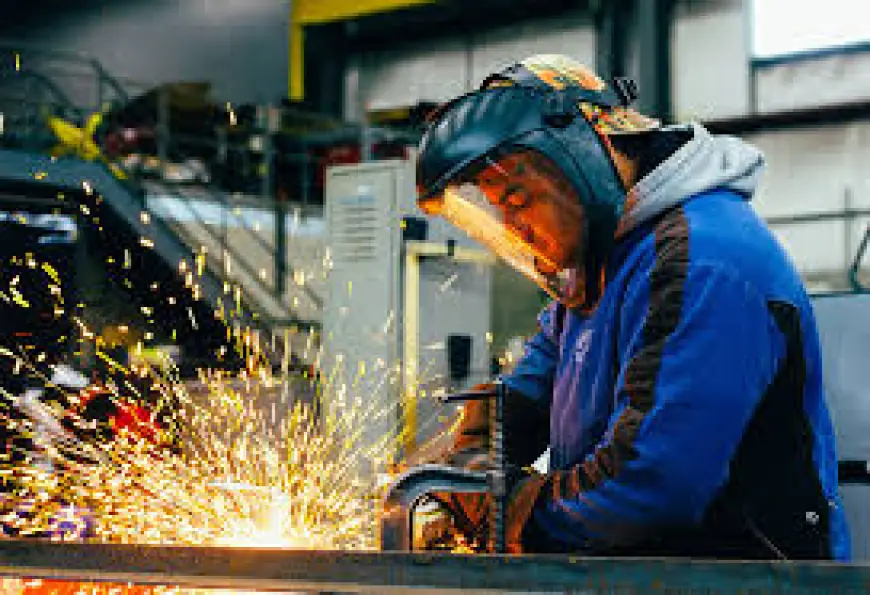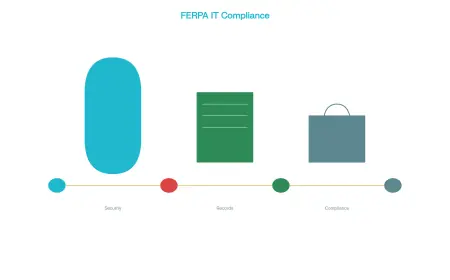Why Quality Control Is the Backbone of Metal Fabrication

When people think of metal fabrication, they often picture sparks flying in a busy workshop or sheets of steel being cut and shaped by powerful machines. But behind every precise bracket, sturdy frame, or intricate component, there’s another crucial element at work: quality control. For companies that rely on durable, accurate, and safe metal parts, quality control isn’t just a box to tick—it’s the foundation of success.
What Does Quality Control Mean in Metal Fabrication?
Quality control in metal fabrication is the process of ensuring that every part, assembly, or finished product meets the customer’s specifications and industry standards. It’s about catching issues before parts leave the workshop, so there are no surprises on-site or during installation.
This involves a mix of careful planning, detailed inspection, skilled workmanship, and the right technology, from the moment raw materials arrive to the final shipment. Reliable quality metal fabrication depends on it.

Why Is It So Important?
1. Consistency in Every Batch
No matter how big or small your order, you expect every part to match the drawings. Consistency ensures that assembly lines run smoothly, construction projects stay on schedule, and products perform as designed. Even a small error in size or shape can lead to big headaches and extra costs down the line.
2. Meeting Safety and Compliance Standards
Many industries have strict regulations for the parts and products they use. From railings in public buildings to machinery in food processing, safety is non-negotiable. Quality control ensures that every part is up to code and safe to use, reducing the risk of failure and liability.
3. Reducing Waste and Saving Money
Detecting errors early in the fabrication process prevents wasted materials, time, and labor. Fixing a problem before parts are delivered is always cheaper and easier than dealing with it after installation.
4. Protecting Your Reputation
For fabricators, reputation is everything. A strong quality control system means customers can trust you to deliver exactly what they ordered, on time, every time. For buyers, it means fewer surprises and more peace of mind.
How Does Quality Control Work in Practice?
1. Material Inspection
Quality starts before the first cut. Good fabricators check that all incoming materials—like steel, aluminum, or brass—meet required grades and certifications. This ensures strength, durability, and performance from the start.
2. Process Control
Throughout cutting, welding, machining, and assembly, workers follow detailed procedures. Modern shops use digital systems to track each job and record critical data, such as measurements and temperatures.
3. In-Process Inspections
Skilled staff regularly inspect parts during each stage of fabrication, not just at the end. This allows for quick adjustments and helps catch errors before they grow.
4. Final Inspection
Finished parts are measured, tested, and checked for defects. This might include visual inspections, dimensional checks with precision tools, or even advanced testing like ultrasonic or X-ray analysis for critical parts.
5. Documentation and Traceability
Keeping detailed records means that if there’s ever an issue, you can trace exactly what happened and where—helpful for continuous improvement and customer reassurance.
Tools and Technology for Better Quality
Quality control today is more advanced than ever. Modern fabrication shops invest in tools like:
-
Coordinate Measuring Machines (CMMs): For highly accurate dimensional checks.
-
Laser Scanners: Quickly compare parts to their digital designs.
-
Digital Calipers and Gauges: For quick and precise spot checks.
-
Software for Tracking and Reporting: Keeps data organized and accessible.
Quality Control in Action: A Real-World Example
Imagine you need hundreds of custom brackets for a public building project. You send the design to your fabricator, expecting everything to fit perfectly when it arrives on site. If the shop practices strong quality control, every bracket will be exactly the same no last-minute drilling or bending required.
If a measurement is even a millimeter off, the brackets might not fit. That means delays, rework, or even safety issues. But with a partner focused on quality, you get the confidence that every part meets your requirements.
Choosing a Fabricator That Values Quality
When looking for a metal fabrication partner, don’t just ask about price or turnaround time. Ask about their quality control processes. A company that invests in skilled people, up-to-date technology, and strong procedures is more likely to deliver top-notch results every time.
If you need reliable, quality metal fabrication in the UK, work with a team known for attention to detail, rigorous inspection, and a commitment to doing the job right from start to finish.
Conclusion
Quality control is more than a step in the metal fabrication process—it’s the backbone that supports everything else. It means fewer mistakes, safer products, lower costs, and happier customers. By choosing a partner who takes quality seriously, you set your projects up for long-term success.
What's Your Reaction?
 Like
0
Like
0
 Dislike
0
Dislike
0
 Love
0
Love
0
 Funny
0
Funny
0
 Angry
0
Angry
0
 Sad
0
Sad
0
 Wow
0
Wow
0



















































